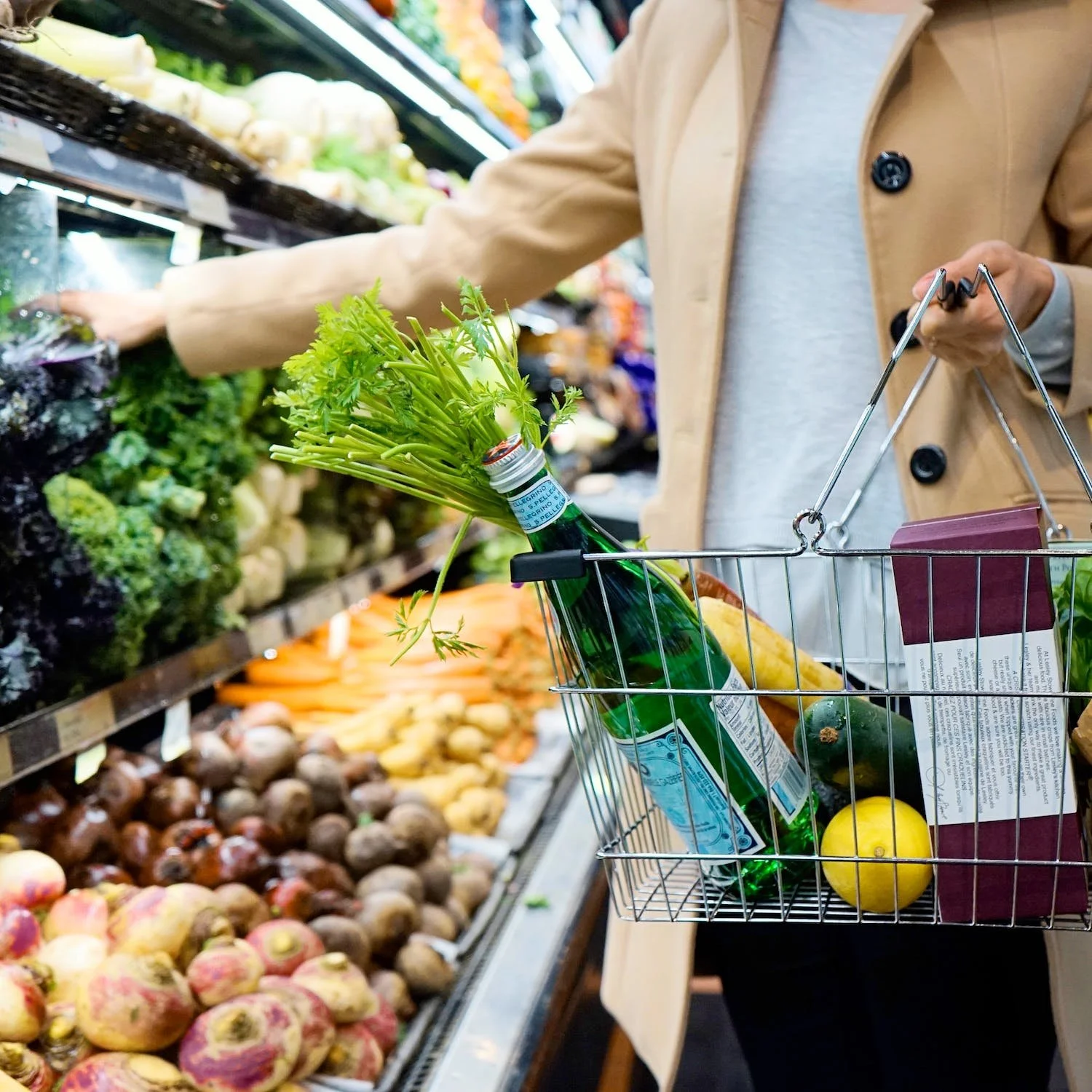
This article aims to clarify the increasing level of confusion around what should be included in climate strategies and which frameworks relate to the different aspects.
Seafood is one of the world’s most highly-traded commodities; 3.3 billion people rely on fish products as their primary source of animal protein, and demand for seafood is expected to nearly double by 2050. This article will look at some of the biggest challenges and risks for businesses and the opportunities to set new norms and uphold the integrity behind ‘responsibly sourced’ seafood.
While sustainability materiality assessments have been a core part of BRODIE’s service offer since the beginning, February marks one year since we completed our first ‘double materiality’ assessment as required by the EU’s Corporate Sustainability Reporting Directive (CSRD). This milestone has inspired me to share some of our key learnings from working with a number of partners (and at least three iterations of the EFRAG double materiality guidance) over the past 12 months.
The state of nature was a dominate theme of the Anthropy 2023 conference. The conference provoked much discussion on the importance of the private sector’s role in protecting and restoring nature. Business and environmental NGO speakers pointed to hesitation from some corporates towards ‘nature-positive’ business strategies and how this can be overcome. This blog explores what I heard.
The emergence of artificial intelligence (AI) technologies has captivated the world’s attention and transformed the way we live, work, and interact.
BRODIE is exploring the nuanced interplay between AI and the corporate Environmental, Social, and Governance (ESG) landscape, shedding some light on the multifaceted ways AI impacts sustainability.
Over 80% of UK and US consumers enjoy being in nature and appreciate the impact it has on their mental and physical wellbeing. This is a key outtake from BRODIE’s soon-to-be-released annual Sustainability Sentiment Tracker which aims to uncover what consumers really think about sustainability through objective and broad analysis. For the first time this year, we included nature-related questions – and to mark World Environment Day, we wanted to share some of our findings.
BRODIE’s Key Takeaways from the Innovation Forum’s Responsible Sourcing and Ethical Trade Forum 2023
One of our newest team members recently completed a short course in Business Sustainability Management at the University of Cambridge Institute for Sustainability Leadership (CISL). The eight-week online course brings together business professionals from all over the globe and is designed to address the growing and urgent need of sustainability practice in business. She shares some key takeaways and reflections.
Social and environmental issues caused by the way the world currently grows its food are firmly on the global agenda. At the UN Climate Conference (COP27) this November, agrifood systems had five interactive discussion pavilions and a whole day of the high-level negotiations dedicated to them for the first time.
With the emergence of new technologies and approaches to food production, and as we become more acutely aware of issues around food security, we have an opportunity to rethink the future of the food system.
With around 30% of food going to waste, in the wake of World Food Day, as the UN calls for systemic change to global food production.
BRODIE’s Key Takeaways from the World Biodiversity Summit 2022
BRODIE’s outlook on the six key sustainability trends we are seeing and where we expect growth in the year ahead.
The Intergovernmental Panel on Climate Change (IPCC), the world’s leading authority on climate science confirms that keeping global warming to 1.5°c, the goal of the Paris Agreement means reaching net zero carbon dioxide emissions globally by around 2050.
This year marks the 10th anniversary of the UN Guiding Principles on Business and Human Rights (UNGPs), the internationally recognised standard in preventing and addressing adverse human rights risks due to business activities.
The first of the ‘Practical action for a world in flux’ series: ESG edition. At BRODIE we have seen the ESG agenda rapidly evolve over recent years. This paper seeks to unpack the components shaping the ESG agenda, identify the emerging trends, and share clear actions.
The devastating effects of the COVID-19 pandemic have hit the most vulnerable workers the hardest. The sad reality is that many workers around the world have been left more vulnerable to the risks of modern slavery than ever before and with the deterioration of the labour market.
The trend for ESG reporting shows no sign of slowing and by 2022 the new TCFD regulations are set to become mandatory in the UK. We provide an overview of TCFD and climate disclosure, share some insights on what good looks like today and how this is likely to evolve in the future.



















